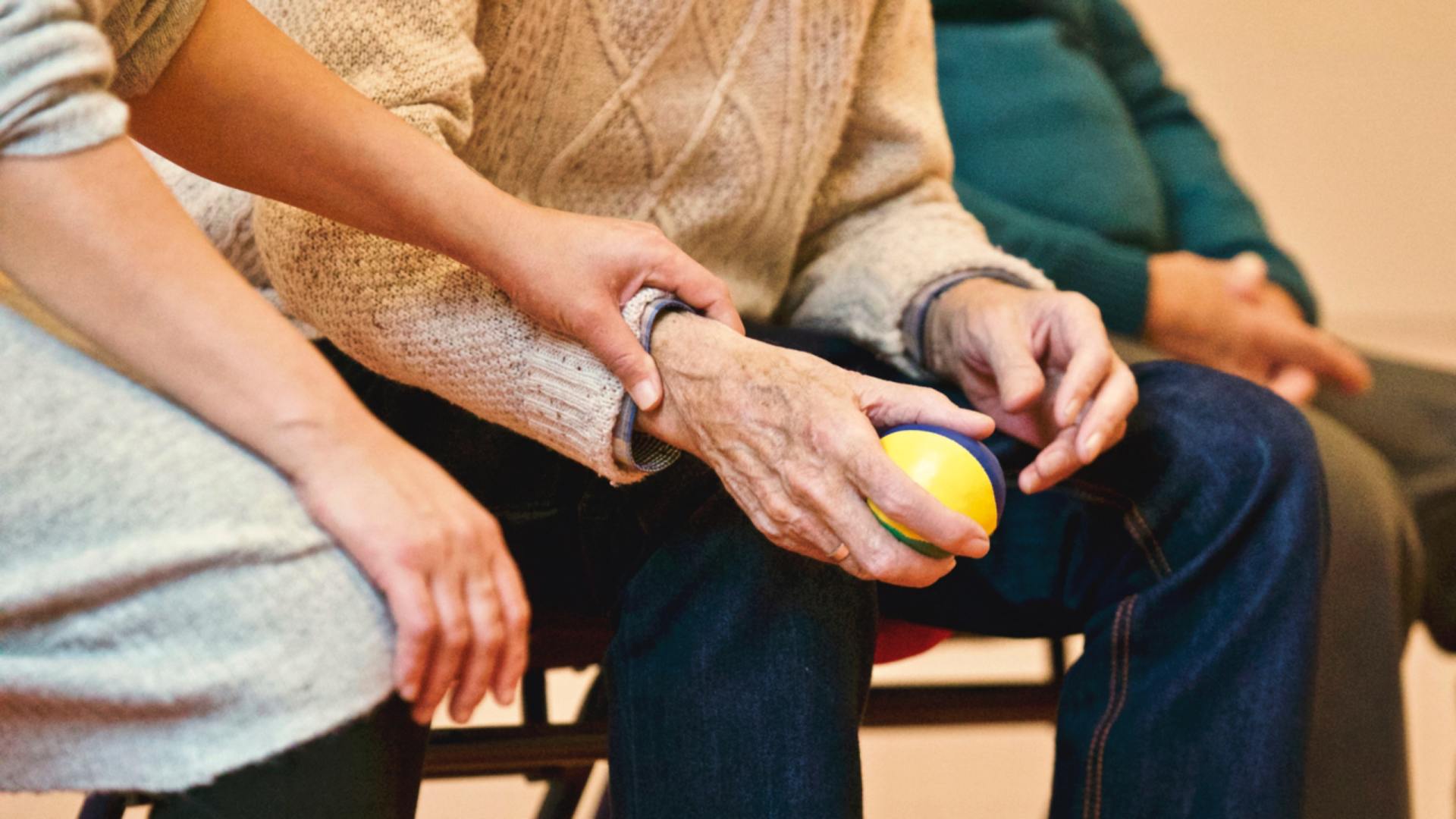







Last week we discussed five of the top ten illnesses seen most commonly in individuals over the age of 50 years old. Optimal Home Care works tirelessly to help guide families and loved ones through the senior years of life in order to educate on the importance of health and proper care. Now, let’s continue our discussion of the top ten illnesses seen in seniors, and the best ways to take preventative action against them.
Depression in seniors doesn’t always appear in the form of sadness or other common signs. There are many different indicators of depression, such as restlessness, irritability, body aches, headaches, digestive problems , and many other physical pains. If you or your loved one is exhibiting any unusual behavior or experiencing any undiagnosed pains such as the ones listed above, consult your doctor or caregiver for more information on depression in seniors. Females are at higher risk for depression, as well as people with chronic medical illness, disabilities, insomnia, or who misuse alcohol or drugs. Depression isn’t something a person can simply “snap out of.” It requires professional care and occasionally medicinal aid. By maintaining contact with loved ones, enjoying hobbies, and partaking in minimal, preferably zero, usage of alcohol and drugs, seniors can help prevent depression in their own lives and those around them.
High blood pressure, or hypertension , in seniors is just as dangerous as when seen in younger people, if not more. As our circulatory system ages, we become slightly more prone to high blood pressure because blood doesn’t circulate through the veins as easily as it once did. Essentially, with time, there is an increase in damage to our blood vessels and we become susceptible to not only hypertension, but heart disease and diabetes as well. If you or your loved one has been diagnosed with high blood pressure, that doesn’t mean that a healthy lifestyle is out of the question. In order to prevent or help lessen the effects of high blood pressure, seniors should practice frequent exercise and implement a low-salt diet.
When bones become fragile and brittle, they’re more likely to break and lead to falls or other accidents. Osteoporosis occurs when bones lose minerals such as calcium faster than the body is able to produce them. With age, bones naturally become more fragile, but when diagnosed with osteoporosis it’s crucial that seniors take the necessary precautions to prevent accidents. First, consult any doctor about current medication that you or loved one currently takes. Medicines can impair motor function skills, increasing the risk of falling, or further hinder mineral production. Make sure to educate yourself on the risks of all medications and take any precautions to prevent further injuries. Older people with osteoporosis should also consume plenty calcium and other nutrients found in bones in order to help the body replenish these minerals, and practice balance. Yoga or Tai Chi are two great options to work toward better balance without overextending oneself.
People at the age of 65 years old or older run a higher risk of conducting the flu than younger individuals. With a mature immune system we’re more likely to get sick easier, stay sick longer , and contract more illnesses at once. Many seniors who live in close proximity to each other are more susceptible to conducting the flu due to the highly contagious nature of the disease. To help prevent the flu, seniors should always get their flu shot. Herd immunity, the idea behind vaccines, helps keep older people safe from flu or flu like symptoms. Maintaining general good health is crucial to staying healthy, as well as seeking medical advice as quickly as possible when you notice flu symptoms. It’s important to act quickly in order to properly medicate yourself or your loved one and help prevent further illnesses that can occur from the flu.
As people age, their risk for type 2 diabetes increases. According to the American Diabetes Association, one in four people over the age of 60 have diabetes. The National Institute on Aging provides a detailed page of information on diabetes, how to live a healthy life with diabetes, and ways to detect the early stages of type 2 diabetes. Make sure to get yearly exams on your kidneys, teeth and gums, eyes, blood pressure, and cholesterol. By making sure that all of these health factors remain in shape, you or your loved one can help increase overall health and still maintain a happy and healthy life with type 2 diabetes.
If you have any worries about your health or the health of your loved one, make sure to consult with doctors and caregivers immediately about your concerns. For more questions about how Optimal Home Care can help guide you and your loved ones through the mature stages of life, call us today and we’d be happy to start this journey with you.







